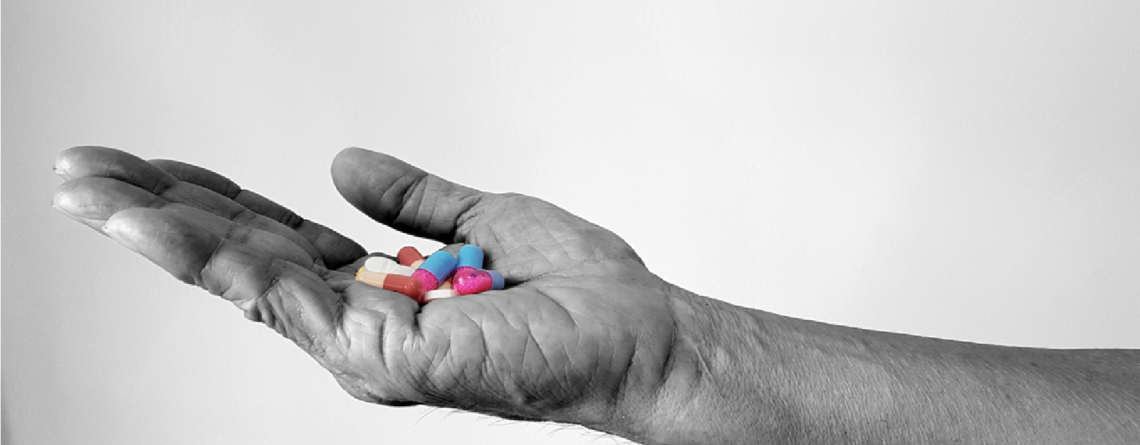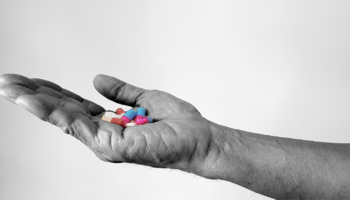What is Substance Use Disorder?
The Nystrom & Associates provider consulted for this article is Debra Erickson, MA, LADC, Outpatient Therapist.
Did you know that 1 in 12 American adults have a substance use disorder (SUD)?
SUD is a mental health disorder that involves the uncontrolled use of a substance. It starts with the voluntary decision to use a substance. Over time, it turns into a compulsive pattern due to changes in brain function. Symptoms can range from moderate to severe, with addiction being the most severe end of the spectrum.
While exact causes are unknown, SUD involves distorted thinking and behavior patterns. Changes in personality, intense cravings, and abnormal behavior can result from SUD.
Learn about the stages and symptoms of SUD on the Substance Use Disorder specialty page.
What Substances Are Included?
There are many substances that can lead to substance use disorder. For instance, legal and illegal drugs, medications, and alcohol can create an uncontrolled addiction. The most common types of substances include:- Opiates and other narcotics. These are extreme painkillers that can also cause feelings of joy, elation, and excitement. Examples include drugs like opium, heroin, codeine, and narcotic pain medicines.
- Marijuana. Otherwise known as cannabis.
- Depressants. These are typically used to reduce anxiety; however, they also cause drowsiness. Alcohol, benzodiazepines (Valium, Xanax), and barbiturates are all depressants that can lead to addiction.
- Stimulants. Cocaine and amphetamines are drugs that stimulate the nervous system and the brain.
Substance Use Disorder & Mental Health
Often, substance abuse and mental disorders go hand in hand. When mental health and substance use disorders are present at the same time, it is known as co-occurring disorders. According to the National Institute of Mental Health, about half of SUDs co-occur with other mental health disorders. This includes, but is not limited to mental health conditions such as:- Schizophrenia
- Depression
- Bipolar disorder
- Attention-Deficit Hyperactivity Disorder (ADHD)
- Personality disorders
- Anxiety disorders
Treatment
Since SUD can co-occur with other mental health disorders, it is ideal to treat them together rather than separately. This means receiving an evaluation that uses comprehensive assessment tools for each disorder. Personalized treatment is paramount in developing a strong recovery plan. Further, those struggling with SUD might not always be open to change - and treatment is most effective when an individual is ready to make different choices. Debra Erickson, Outpatient Therapist at Nystrom & Associates, speaks to those struggling.It's not about IF you have the willpower to change, but whether you're READY to change. At any given moment YOU have the power to say this is not how my story will end. How do you want your story to end?In other words, what choice can you make now that will lead you to where you want to be? With the right treatment and recovery plan, SUD has a promising outlook. Related: 3 Ways Meditation Helps Your Mental Health
A Word From Nystrom & Associates
Our scheduling coordinators can help you find a Licensed Alcohol & Drug Counselor that is the right fit for you. In addition, we can coordinate services to a residential addiction treatment center if you or someone you know needs a higher level of care.The outpatient adolescent (ages 12-18) and adult substance use disorder treatment programs at Nystrom & Associates include group and individual counseling, care coordination, family programming, drug screening, and a peer-led alumni support group.
Call 1-844-NYSTROM for more information. To find support near you, request an appointment.



